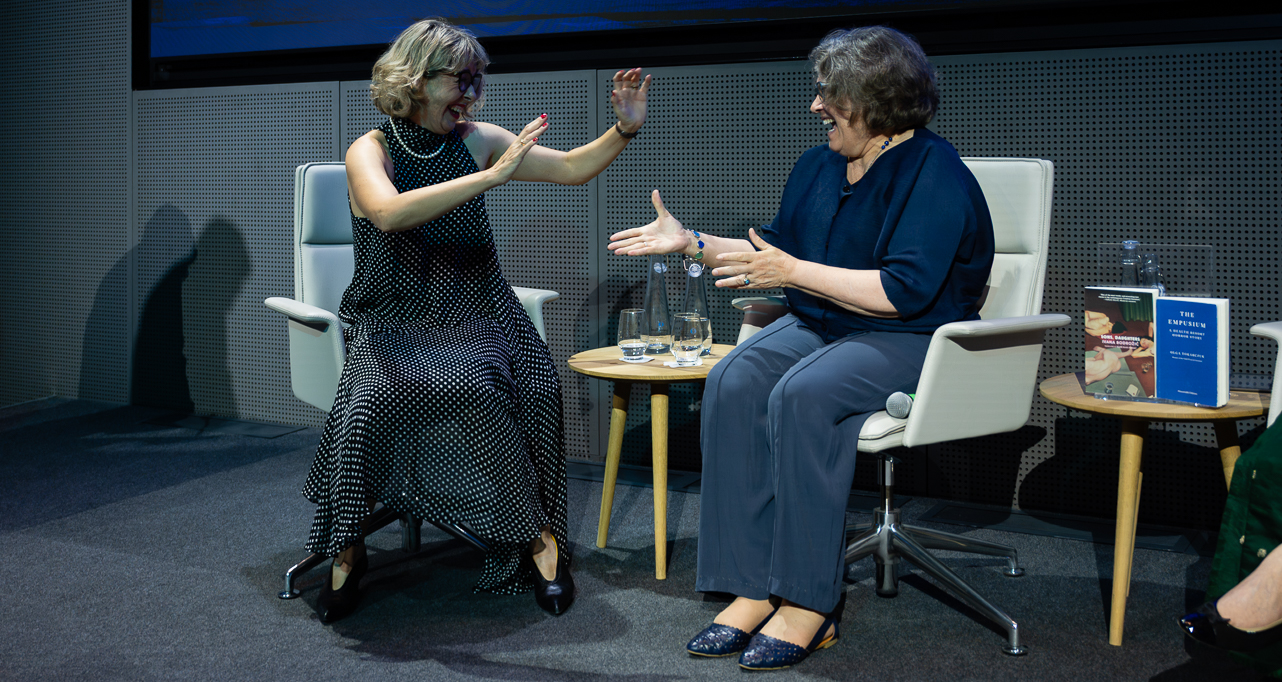Who we are
Overview: about the EBRDWho we are
Overview: about the EBRD
Our story
Learn about the EBRD's journey to investing more than €220 billion in over 7,800 projects.
- Our background and history
- Our organisation
- Our values
- Strategies, governance and compliance
- Project accountability
What we do
Overview: how the EBRD operatesWhat we do
Overview: how the EBRD operates
How we deliver systemic impact
Across three continents, the EBRD supports the transition to successful market economies.
- Where we work
- Products and services
- Sectors we work in
- Our projects
- Focus areas and initiatives
- Economic research
Work with us
Overview: how you can work with the EBRDWork with us
Overview: how you can work with the EBRD
What we offer for businesses
We draw on three decades of regional knowledge and financial expertise to tailor our products and approaches to each client's needs.
- Businesses
- Investors
- Donors
- Researchers
- Civil Society
- Alumni
- Nominee Directors
- Trade finance
- Careers
- Author Ivana Bodrožić and translator Ellen Elias-Bursać win €10,000 each at awards ceremony in London
- Ukraine’s Tanja Maljartschuk and translator Zenia Tompkins also recognised for Forgottenness, alongside Poland’s Olga Tokarczuk and translator Antonia Lloyd-Jones for The Empusium
- The EBRD Literature Prize, now in its eighth year, celebrates the creativity of the regions where the Bank operates
Sons, Daughters, a novel by Ivana Bodrožić, translated from the Croatian by Ellen Elias- Bursać and published by Seven Stories Press UK, has won the EBRD Literature Prize 2025.
The winning work, published in English for the first time last year, was chosen by an independent panel of judges: the writer, critic and cultural journalist Maya Jaggi (chair); translator and Associate Professor in Ukrainian and East European Culture at University College London, Uilleam Blacker; writer and editor Selma Dabbagh; and writer and foreign correspondent for BBC News, Fergal Keane.
Dr Jaggi said: “With invigorating candour and freshness, Ivana Bodrožić’s Sons, Daughters is a tale told through three perspectives, each voice distinctively rendered in Ellen Elias-Bursać’s supple translation from the Croatian: a young woman with ‘locked-in’ syndrome; her lover trapped in a body he cannot recognise as his own; and a mother entombed by her upbringing. Hinting at the parts of ourselves we stifle and censor to fit in, its immersive narrative is alert to how past war and trauma infect the present.
Jean-Dominique Bauby’s stroke memoir The Diving-Bell and the Butterfly meets Jeanette Winterson’s Oranges Are Not the Only Fruit, this is fiction that has the power to transform how we see the world, others and ourselves.”
Reacting to the win, Ms Bodrožić said: "Always when you are in some kind of final, there is a little hope, but I'm really sohappy to be among these beautiful writers and I'm so honoured to be selected for the longlist and then the shortlist, and then, as a finalist.I think that we are much more similar that we think sometimes and that art and literature is that base where we can understand each other because the most powerful tool of literature is this process of identification while we are reading something."
Ms Elias-Bursać said: “I was hopeful, but hadn't expected it. And so it was astonishing. It's deeply gratifying to be involved in a process where translation is playing such a major role. As a finalist alongside two such excellent other books that I read and really enjoyed and admired the translations of. I think that for some reason these three books have such a focus on character, and I love that because so much of what's written these days is auto-fiction, and the idea of these wonderful characters that were developed in these novels is terrific.”
The authors and translators of the other two finalist books were also awarded trophies and €2,000 each by EBRD Secretary General Kazuhiko Koguchi. They were: Forgottenness by Tanja Maljartschuk, translated from the Ukrainian by Zenia Tompkins and published by Bullaun Press in Ireland and by Liveright, an imprint of W.W. Norton & Company, in the United States; and The Empusium: A Health Resort Horror Story by Nobel Prize winner Olga Tokarczuk, translated from the Polish by Antonia Lloyd-Jones and published by Fitzcarraldo Editions.
Now in its eighth year, the EBRD Literature Prize celebrates the creativity of the regions where the Bank operates. With entrants from across three continents, it helps to bring literature from a wide range of countries to a global readership through the art of translation.
The prize has already featured a broad range of novels and short-story collections from countries including Albania, Croatia, Czechia, Georgia, Greece, Hungary, Latvia, Lebanon, Lithuania, Moldova, Morocco, Poland, the Slovak Republic, Türkiye, Ukraine and Uzbekistan.
The EBRD Literature Prize is funded by the Bank’s shareholders and forms part of its Community Initiative, which engages the institution and its staff in philanthropic, social and cultural activities.
Submissions for the EBRD Literature Prize 2026 will open in the autumn. For more information please visit EBRD Literature Prize or contact LiteraturePrize@ebrd.com.

